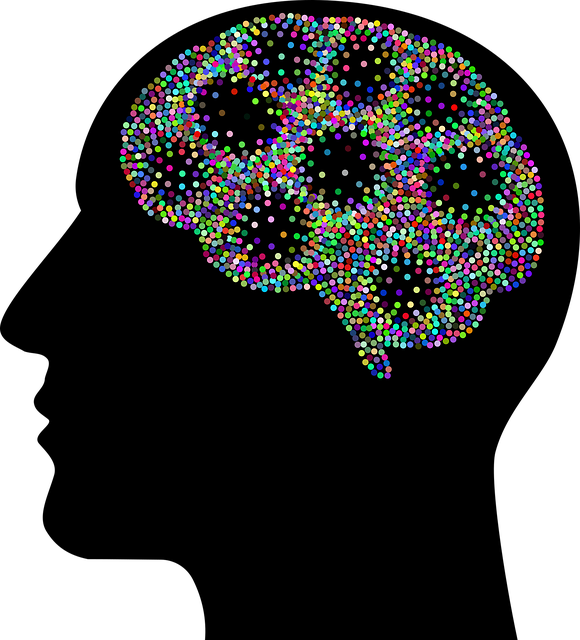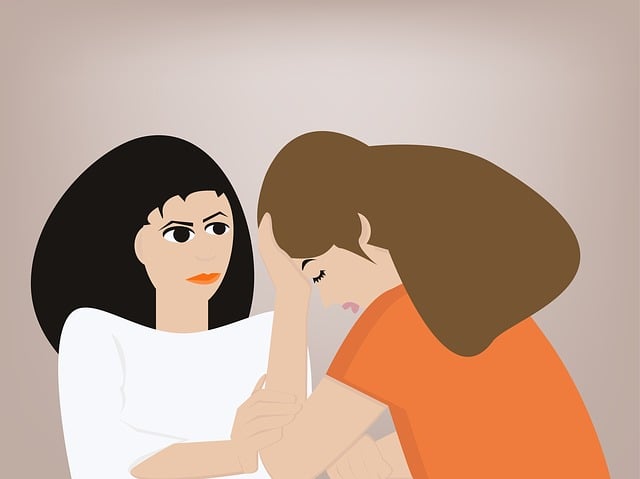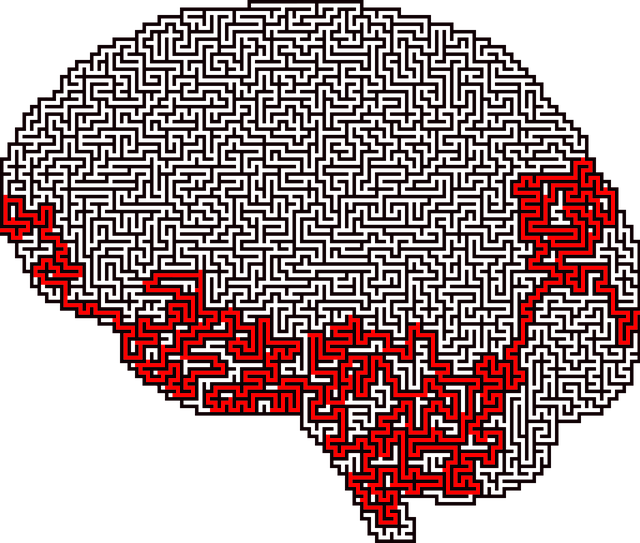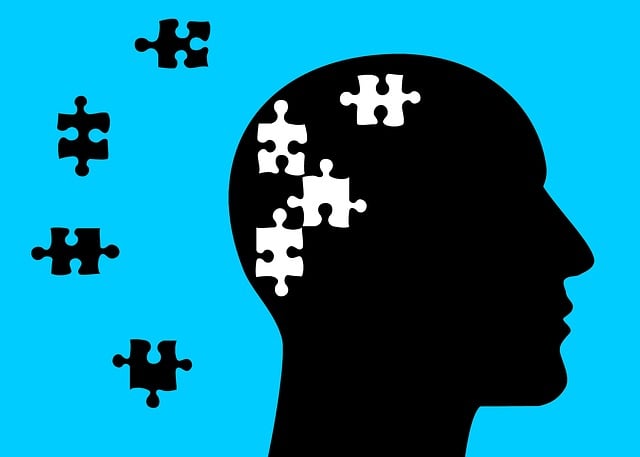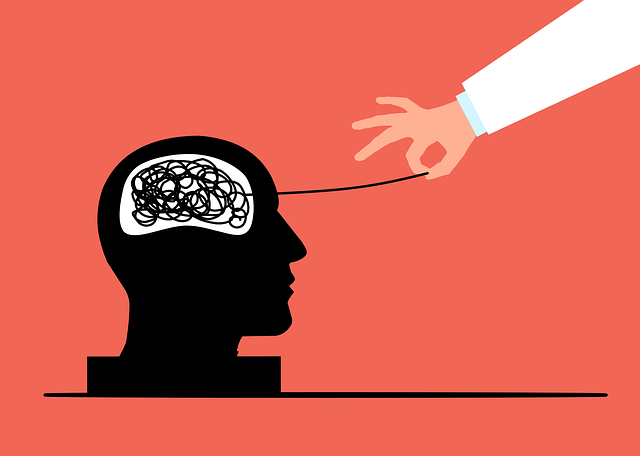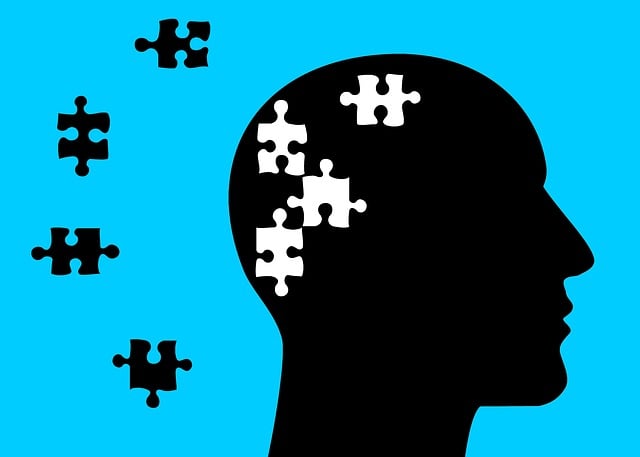Conduct disorder (CD) in young children is a complex behavioral issue requiring early intervention. Root causes include genetic factors, environmental influences, and emotional/cognitive challenges. Effective therapy focuses on tailored approaches like behavioral and cognitive-behavioral therapy, play therapy, and mindfulness techniques to improve emotional expression, social skills, and anxiety relief. The RFM model emphasizes positive relationships, fun activities, and intrinsic motivation to revolutionize CD treatment. Resilience-building exercises through play, art, and structured approaches enhance self-awareness and emotional regulation. Parents can support their children with CD by implementing behavior modification, emotional regulation techniques, and mindfulness meditation practices, fostering resilience and improving mental wellness.
“In exploring effective therapeutic strategies for young children with conduct disorder, this article delves into the potent combination of RFM (Relationship, Fun, and Motivation) principles and resilience-building exercises. We examine how these approaches can be implemented to foster positive change in children’s behavior. From understanding conduct disorder’s intricacies to providing practical tips for parents and caregivers, this guide offers valuable insights into therapy for young children with behavioral challenges.”
- Understanding Conduct Disorder in Young Children
- The Role of RFM (Relationship, Fun, and Motivation) in Therapy
- Implementing Resilience-Building Exercises for Children
- Strategies for Parents and Caregivers to Support Their Child's Journey
Understanding Conduct Disorder in Young Children

Conduct Disorder in young children is a complex behavioral issue that manifests as persistent patterns of aggressive or non-aggressive behavior violating rights of others or societal norms. Often diagnosed in childhood, this disorder can significantly impact a child’s relationships and overall well-being if left unaddressed. The root causes are multifaceted, encompassing genetic predispositions, environmental factors, and underlying emotional or cognitive challenges.
Early intervention is crucial for effective therapy for young children with Conduct Disorder. Professional support focuses on various therapeutic approaches tailored to the individual needs of each child. These can include behavioral therapy, which teaches self-control and positive coping mechanisms; cognitive-behavioral therapy, helping children understand and manage their emotions; and play therapy, facilitating emotional healing processes through imaginative play and self-care practices. The goal is not only to alleviate symptoms but also to foster healthy emotional expression, improve social skills, and promote anxiety relief for a brighter future.
The Role of RFM (Relationship, Fun, and Motivation) in Therapy

In the realm of therapy for young children with conduct disorder, the RFM (Relationship, Fun, and Motivation) model has emerged as a game-changer. This approach focuses on cultivating positive relationships, engaging in enjoyable activities, and instilling intrinsic motivation—key components that contribute to the development of mental wellness. By integrating mind over matter principles, therapists can help children navigate their emotions, manage anxiety relief, and foster a sense of belonging, all of which are crucial aspects of overcoming conduct challenges.
The RFM model encourages therapeutic activities that prioritize fun and engaging experiences, making therapy an enjoyable process rather than a daunting task. This strategy not only enhances the child’s willingness to participate but also strengthens their ability to form healthy connections, both with peers and adults. Moreover, by tapping into intrinsic motivation, therapists can encourage children to embrace positive behaviors and develop a sense of self-discipline, ultimately contributing to improved mental wellness and healthier interactions in various settings, including the mental wellness podcast series production.
Implementing Resilience-Building Exercises for Children

Implementing resilience-building exercises for children is a powerful approach to enhancing their mental wellness and fostering coping strategies that will serve them throughout their lives. These activities are especially beneficial for young individuals dealing with conduct disorders, as they provide an outlet for emotional expression and teach valuable skills for managing mood and anxiety relief. Through play, art, and structured activities, therapists can guide children in developing a stronger sense of self-awareness and emotional regulation.
Resilience exercises tailored for therapy for young children conduct disorder should focus on encouraging positive behavior while providing safe spaces to explore and process emotions. By integrating these practices into daily routines, professionals can help children build a toolkit to navigate challenging situations, improve their ability to handle stress, and ultimately enhance their overall mental wellness.
Strategies for Parents and Caregivers to Support Their Child's Journey

Supporting a child’s journey with Conduct Disorder (CD) involves an intricate dance between understanding their unique needs and fostering their resilience. Parents and caregivers play a pivotal role in this process by implementing strategies that not only address CD symptoms but also empower children to develop inner strength and effective stress management skills. One powerful tool is therapy tailored for young children, focusing on behavior modification techniques and emotional regulation strategies.
Engaging in regular mindfulness meditation practices can be a game-changer for both the child and caregiver. This simple yet profound activity cultivates present-moment awareness, helping children learn to manage their emotions and reduce impulsive behaviors. By incorporating stress management techniques into daily routines, parents can create a safe and supportive environment that encourages their child’s natural resilience to flourish, ultimately enhancing their ability to navigate life’s challenges with greater ease.
In conclusion, addressing Conduct Disorder in young children through tailored therapy, such as the RFM approach, combined with resilience-building exercises, offers a promising path toward positive behavioral change. By fostering strong relationships, incorporating engaging activities, and instilling intrinsic motivation, parents and caregivers can significantly support their child’s journey towards emotional well-being and improved social interactions. These strategies, when implemented consistently, have the potential to revolutionize therapy for young children with Conduct Disorder.

